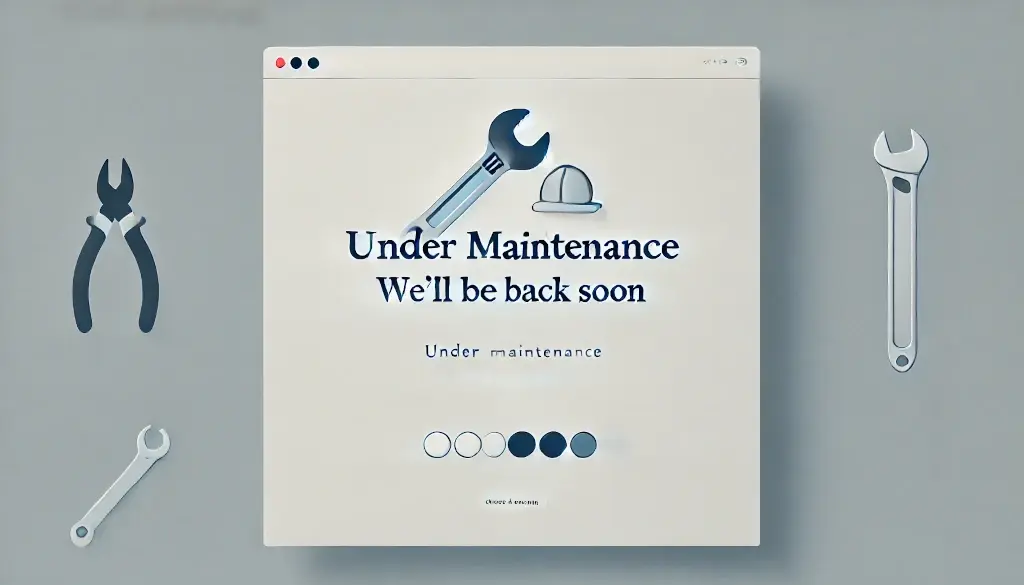The Civic Digest Is No Longer Publishing
Due To Google De-indexing 80% of My Catalog and a 12 month unsuccessful fight to get the articles re-indexed The Civic Digest has shutdown...
The Civic Digest Team...
Due To Google De-indexing 80% of My Catalog and a 12 month unsuccessful fight to get the articles re-indexed The Civic Digest has shutdown...
The Civic Digest Team...
